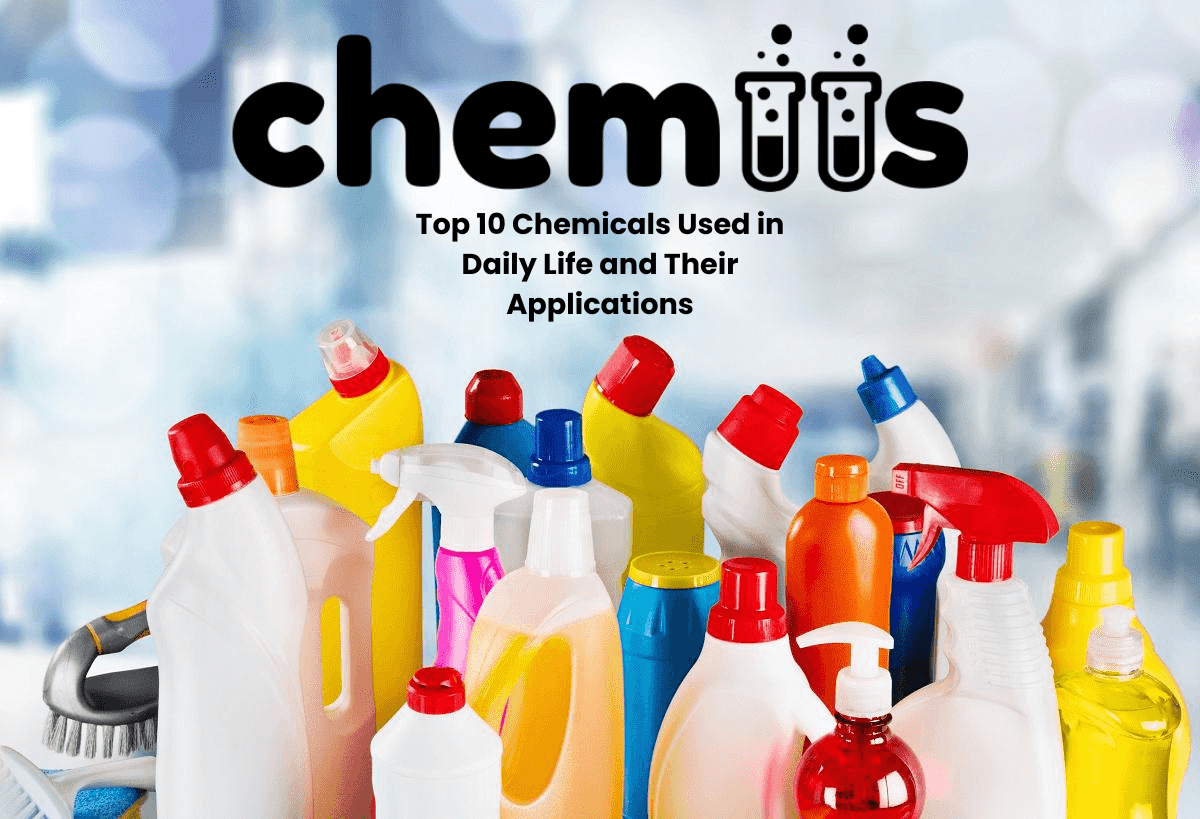Chemicals are all around us, integrated into our daily routines, even if we don’t realize it. From the food we eat to the products we use for cleaning, chemicals play an essential role in making our lives more comfortable and efficient. In this blog, we’ll explore the top 10 chemicals that are commonly used in everyday life and highlight their various applications and benefits.
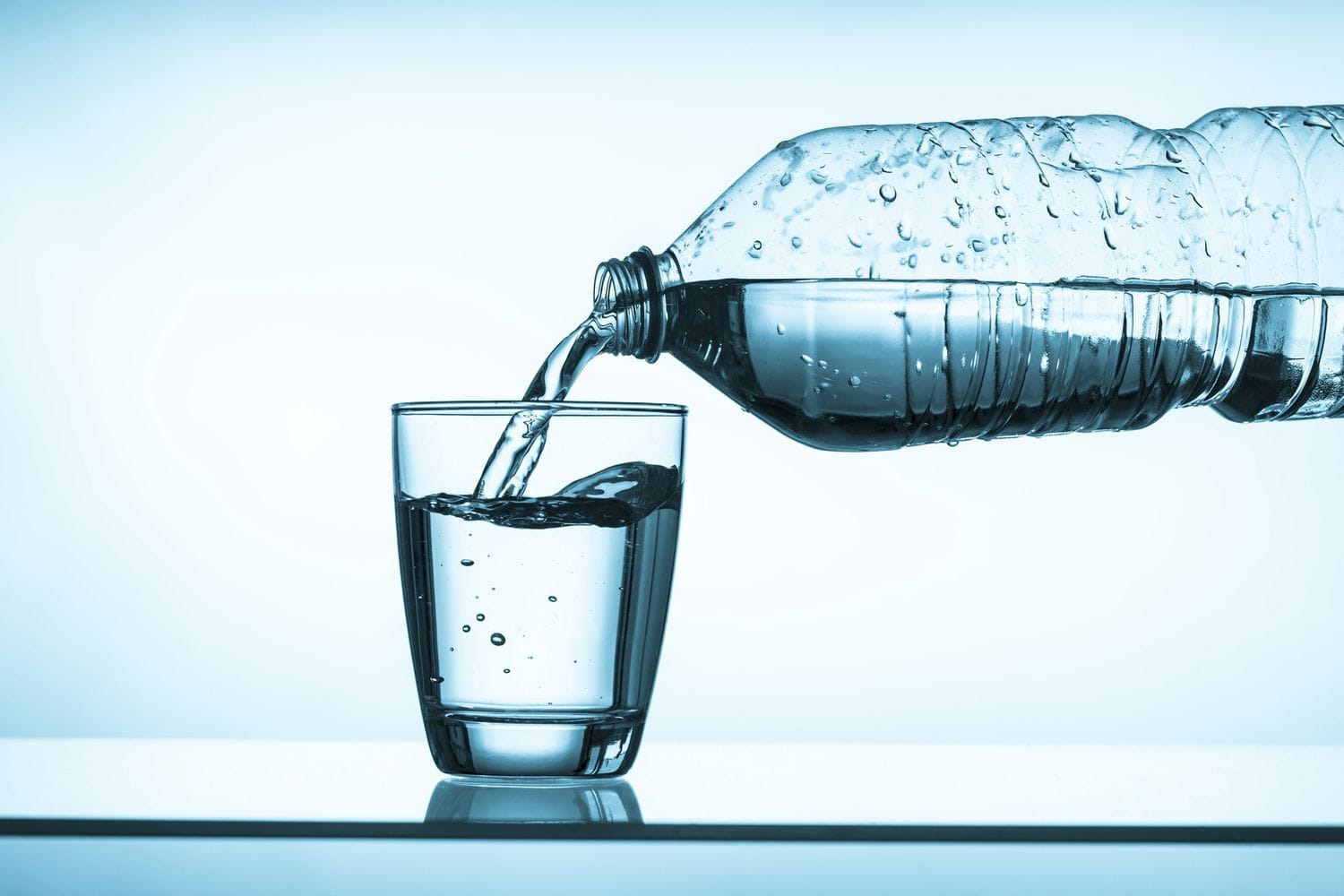
1. Water (H₂O): The Universal Solvent
Why Water is Essential in Daily Life
Water is the most important chemical on Earth, making up a significant portion of our bodies and covering over 70% of the planet’s surface. It acts as a universal solvent, which means it can dissolve many substances, making it essential for cooking, cleaning, and even our biological processes like digestion and circulation. Without water, life as we know it wouldn’t exist.
Common Applications of Water
In daily life, water is used for drinking, cleaning, and cooking. It helps maintain hygiene, allows for the growth of crops, and cools machinery. Whether you’re taking a shower, washing dishes, or drinking a glass of water, this chemical is involved in almost everything we do.
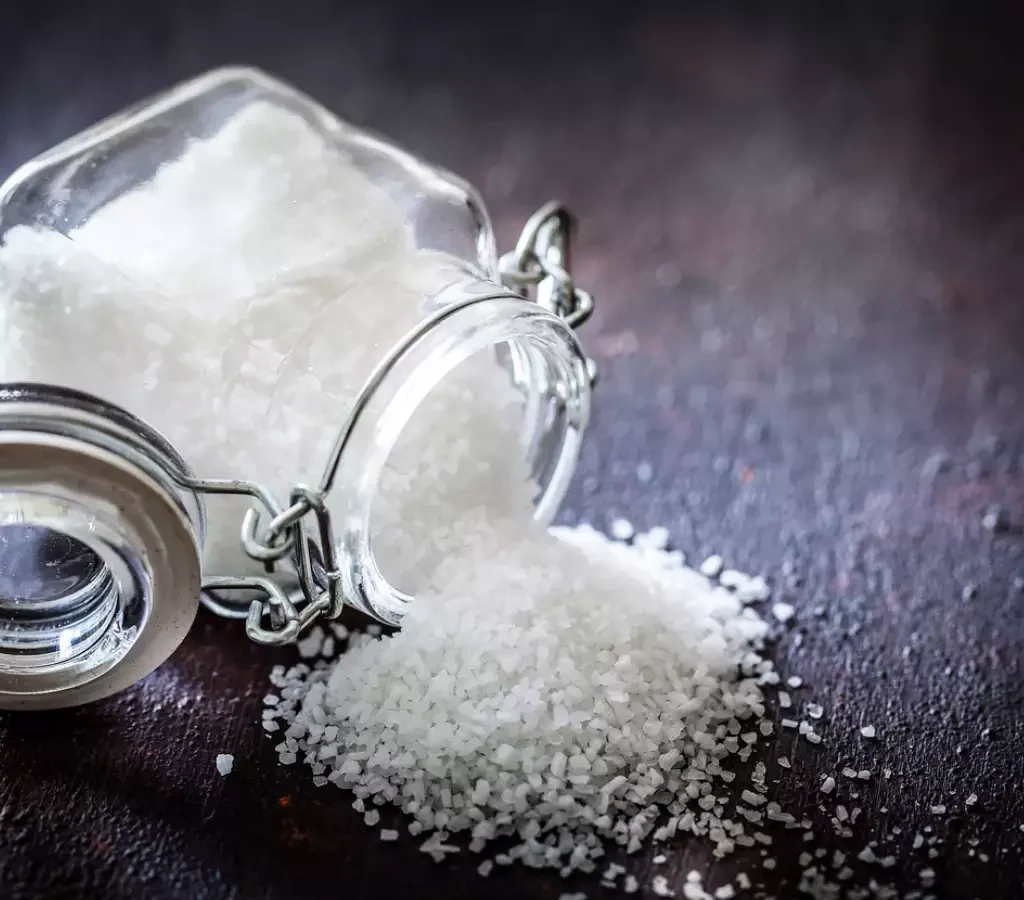
2. Sodium Chloride (NaCl): Table Salt
Health Benefits of Sodium Chloride
Sodium chloride, or table salt, is an essential chemical that has been used for centuries as a seasoning and preservative. Sodium, a component of salt, helps maintain fluid balance in our bodies and supports nerve and muscle function. However, it is important to use salt in moderation as excessive intake can lead to health issues such as hypertension.
Sodium Chloride Beyond the Kitchen
While table salt is best known for its culinary applications, it also plays a crucial role in other areas. It’s used in de-icing roads during winter, preserving food, and even in some cleaning products. Salt’s natural properties make it a versatile substance in daily life.
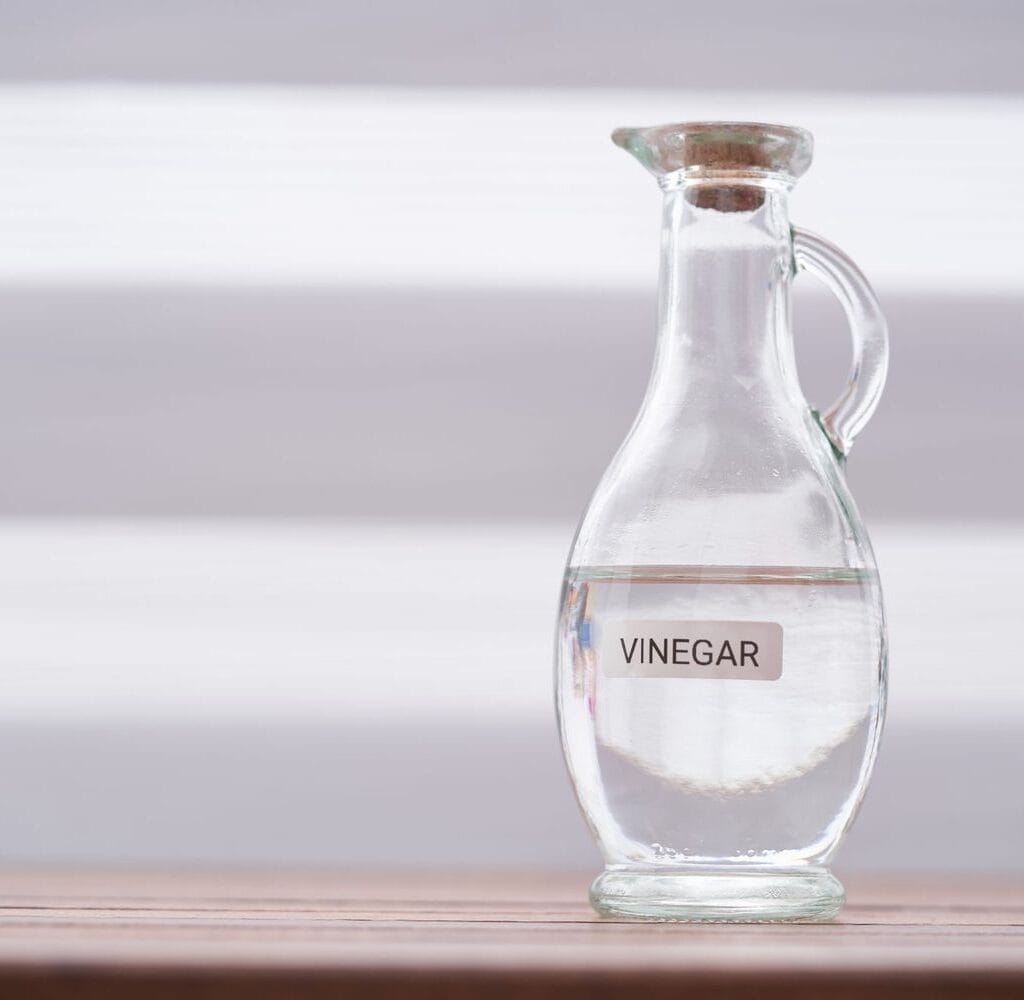
3. Acetic Acid (CH₃COOH): The Main Component of Vinegar
How Acetic Acid is Used in Cooking
Acetic acid is the main ingredient in vinegar, a staple in many kitchens. It’s used in food preparation for pickling, flavoring, and as a preservative. Acetic acid’s sour taste enhances the flavor of salads, sauces, and marinades, making it a must-have ingredient in various recipes.
Acetic Acid for Cleaning and Disinfecting
Beyond cooking, acetic acid is an effective cleaning agent. Thanks to its antibacterial properties, it can be used to clean surfaces, windows, and even remove odors. Many households rely on vinegar as a natural, non-toxic cleaning solution for a variety of purposes.

4. Sodium Bicarbonate (NaHCO₃): Baking Soda
Baking Soda for Baking
Sodium bicarbonate, or baking soda, is a key ingredient in baking. It acts as a leavening agent, causing doughs and batters to rise when heated. The chemical reaction between sodium bicarbonate and acidic ingredients like lemon juice or vinegar produces carbon dioxide bubbles, which result in light and fluffy baked goods.
Other Practical Uses of Sodium Bicarbonate
Baking soda isn’t just for baking; it’s also a versatile household product. It’s used for cleaning, deodorizing, and even as a mild abrasive. You can find it in toothpaste for teeth whitening or in the fridge to neutralize odors. Its multiple applications make it a must-have item in every household.
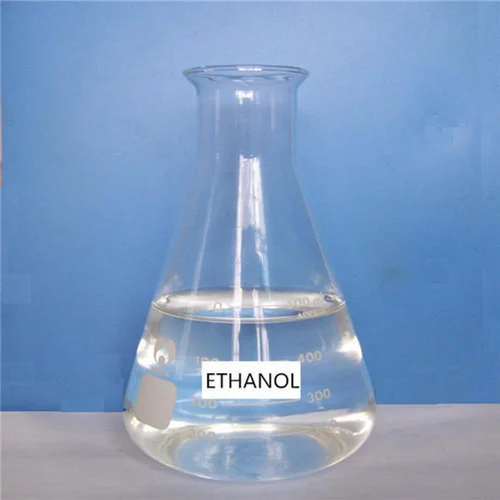
5. Ethanol (C₂H₅OH): Alcohol
Ethanol in Personal Care Products
Ethanol, commonly known as alcohol, is found in a wide range of personal care products like hand sanitizers, perfumes, and mouthwashes. It acts as an antiseptic, killing bacteria and preventing infections. Ethanol’s quick-drying nature also makes it ideal for use in cosmetic products.
Industrial and Medical Uses of Ethanol
In industrial settings, ethanol is used as a solvent and a fuel additive. In medical environments, it’s employed as a disinfectant and antiseptic. Ethanol’s versatility in both personal care and industrial applications highlights its importance in our daily lives.
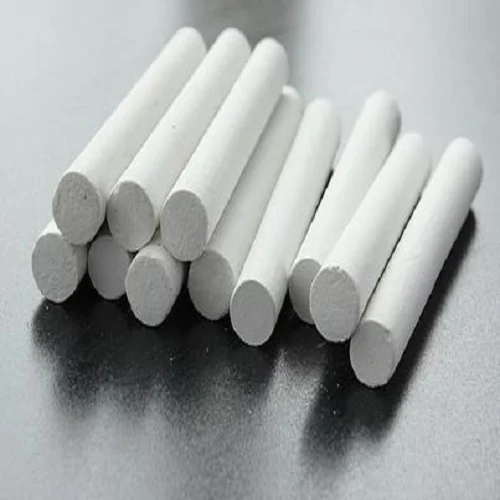
6. Calcium Carbonate (CaCO₃): Chalk and Antacid
Calcium Carbonate in Medicine
Calcium carbonate is widely used in the medical field, primarily as an antacid. It helps neutralize stomach acid, providing relief from heartburn and indigestion. Calcium carbonate supplements are also used to prevent or treat calcium deficiencies, supporting bone health.
Other Uses of Calcium Carbonate in Daily Life
Beyond medicine, calcium carbonate is found in everyday products like chalk, cement, and even some toothpastes. Its uses span construction, education, and health, making it a chemical that most people encounter regularly without even realizing it.

7. Ammonia (NH₃): A Common Cleaning Agent
How Ammonia Cleans Effectively
Ammonia is a key ingredient in many household cleaning products. It’s highly effective at cutting through grease and grime, making it ideal for cleaning glass, countertops, and other surfaces. Ammonia’s alkaline properties help it break down organic matter, leaving surfaces sparkling clean.
Industrial Uses of Ammonia
Ammonia isn’t just for household cleaning; it’s also used in fertilizers, refrigerants, and other industrial applications. In agriculture, ammonia plays a vital role in enhancing soil quality, making it an essential chemical for growing crops.
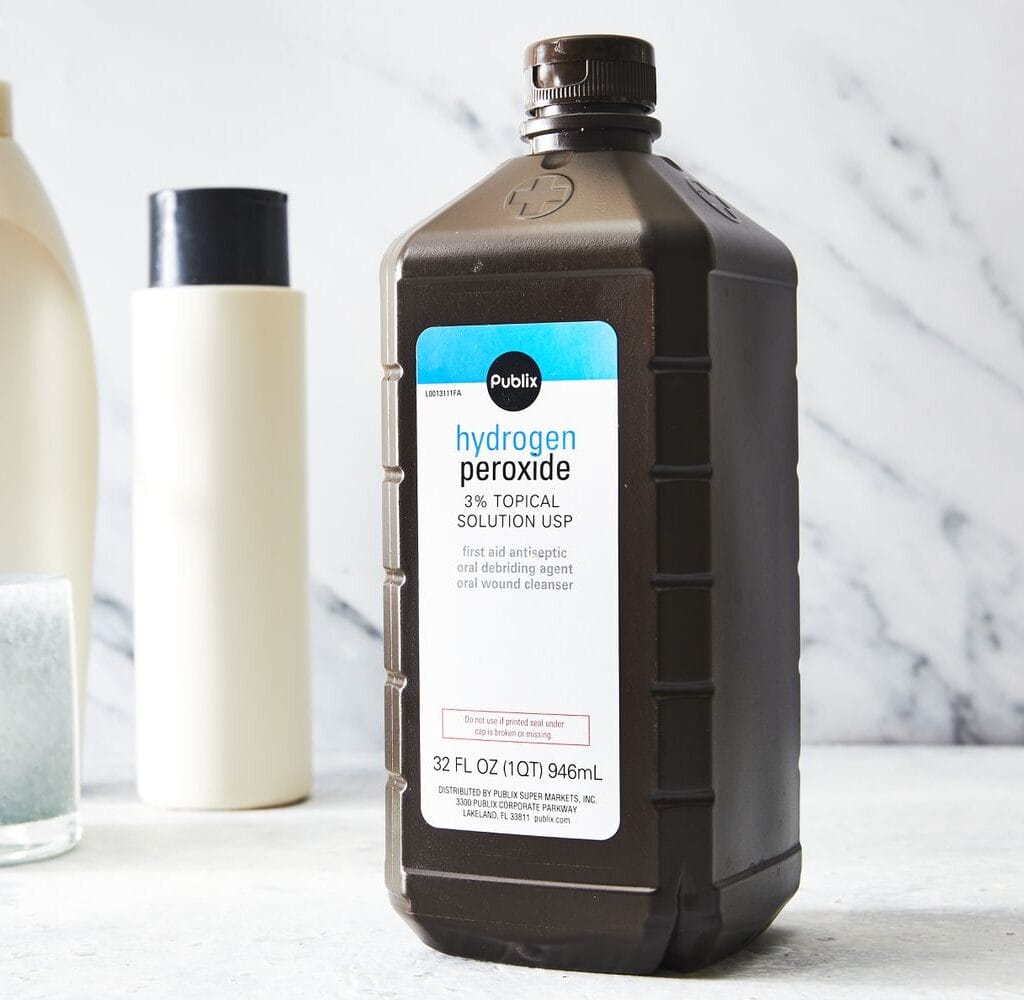
8. Hydrogen Peroxide (H₂O₂): A Household Disinfectant
Medical Uses of Hydrogen Peroxide
Hydrogen peroxide is commonly used as a disinfectant for minor cuts and scrapes. It works by releasing oxygen, which kills bacteria and cleans the wound. It’s a staple in first aid kits, providing an easy way to prevent infections from developing.
Cleaning and Whitening with Hydrogen Peroxide
In addition to its medical uses, hydrogen peroxide is a powerful household cleaner. It can be used to disinfect surfaces, whiten clothes, and remove stains. Its ability to kill germs makes it a reliable chemical for maintaining cleanliness in the home.

9. Aspirin (C₉H₈O₄): A Common Pain Reliever
Health Benefits of Aspirin
Aspirin is one of the most commonly used over-the-counter pain relievers. It’s effective in treating headaches, muscle aches, and fevers. In addition to its pain-relieving properties, aspirin also has anti-inflammatory effects, making it useful for managing conditions like arthritis.
Aspirin for Heart Health
Aspirin is often prescribed in low doses to reduce the risk of heart attacks and strokes. It works by thinning the blood, preventing clots from forming. Its cardiovascular benefits make it an important medication for people with heart conditions.
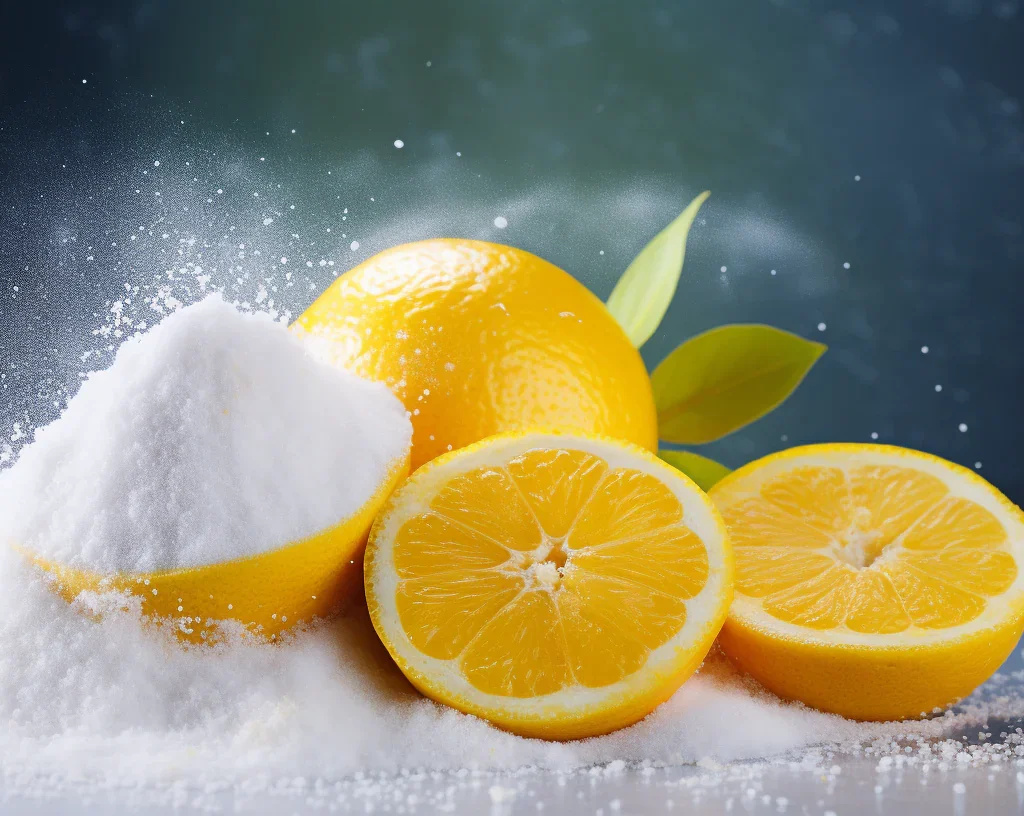
10. Citric Acid (C₆H₈O₇): A Natural Preservative
Citric Acid in Food and Beverages
Citric acid is a naturally occurring compound found in citrus fruits like lemons and oranges. It’s widely used in the food and beverage industry as a preservative and flavor enhancer. You’ll find citric acid in sodas, candies, and even some canned goods.
Cleaning with Citric Acid
In addition to its use in food, citric acid is an effective cleaning agent. It helps remove limescale, rust, and other mineral deposits, making it ideal for cleaning kettles, dishwashers, and washing machines. Citric acid’s versatility makes it a useful product in both the kitchen and the cleaning cabinet.

